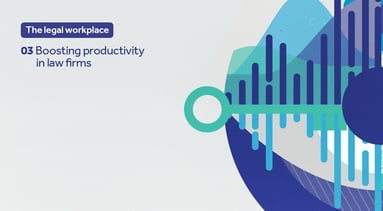Lawyers and their personalities
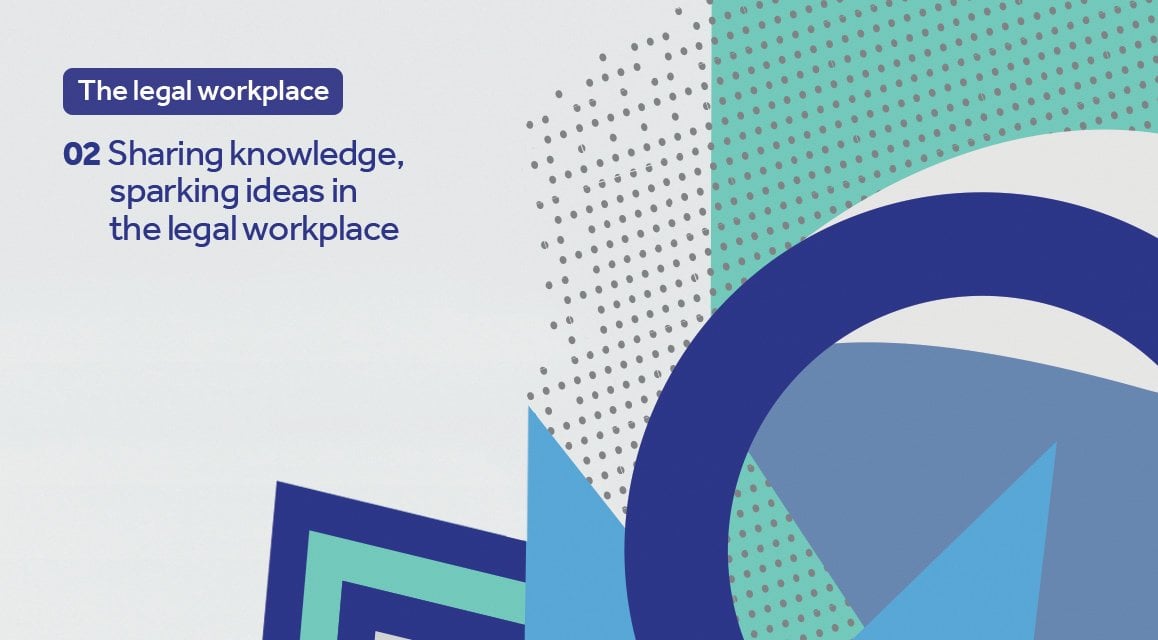
Lawyers aren’t famous for their collaborative working style: most are introverts, after all. So we think personality typing should influence the design of their workplaces.
Over half of all lawyers fall into just a quarter of the Myers Briggs personality types – with INTJ (an introvert type) five times more common among lawyers than the general populationi. While extroverts may be exhilarated by time spent with others, sharing and developing ideas or client lists, the very thought can make an introvert shudder. It’s not that they can’t; it’s just not preferred, and it can be draining.
“Other professions collaborate, but we don’t.”
– Jill Switzerii, Californian lawyer
IP lawyer Airina Rodriguesiii is a self-confessed introvert: “I have my own office. I’m not at a tech company or a startup that prides itself on having an open office. I have privacy, stability and I can focus on work.” And yet most litigation lawyers are extrovertsiv.
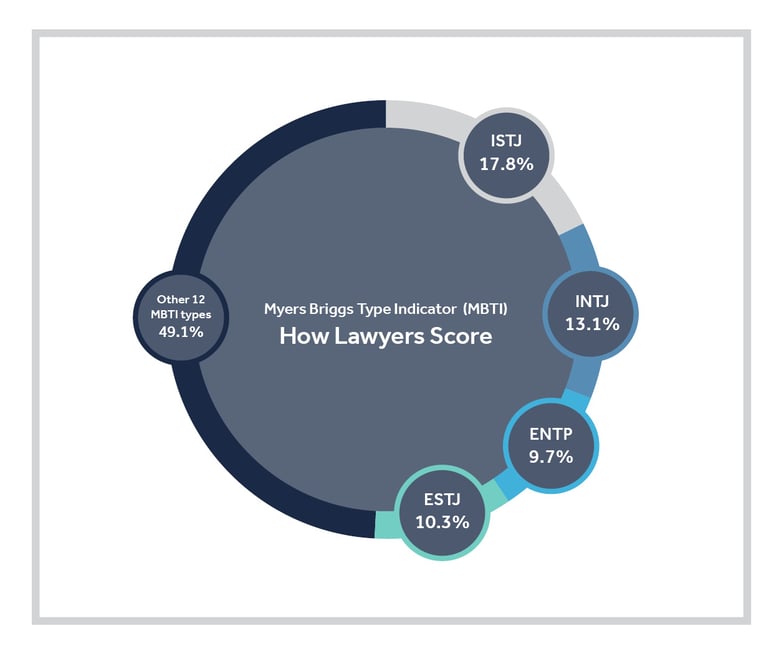
Traditionally, the solo office has suited the introvert, However, firms’ commercial imperatives and the younger generation’s preferred team-based style mean that lawyers must move towards more collaborative working. It doesn’t suit everyone, but then neither did the cellular office. A one-size-fits-all approach never can.
Workspaces must be designed to foster and facilitate collaboration, and lots can be done to help lawyers adapt to more agile, collaborative ways of working. One way is to leverage technology, especially the Cloud: “Online collaboration gives introverts more time to step back, think, and reply with compelling ideas and criticism,” notes FindLaw.com>v.
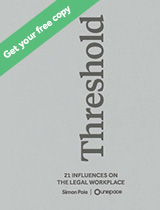 More like this – but much deeper?
More like this – but much deeper?
Ask for your free copy of Unispace's new book, Threshold: 21 Influences on the Legal Workplace.
Our Global Design Director, Simon Pole, has a special interest and experience in the legal sector. In this book, he shares his in-depth thoughts about a wide range of issues, from AI to the battle of the generations via smart buildings and serendipity.
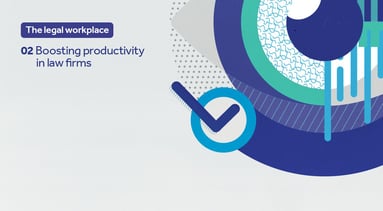
.jpg?width=383&height=348&name=Sharing-Knowledge-Article-03N%20(1).jpg)
